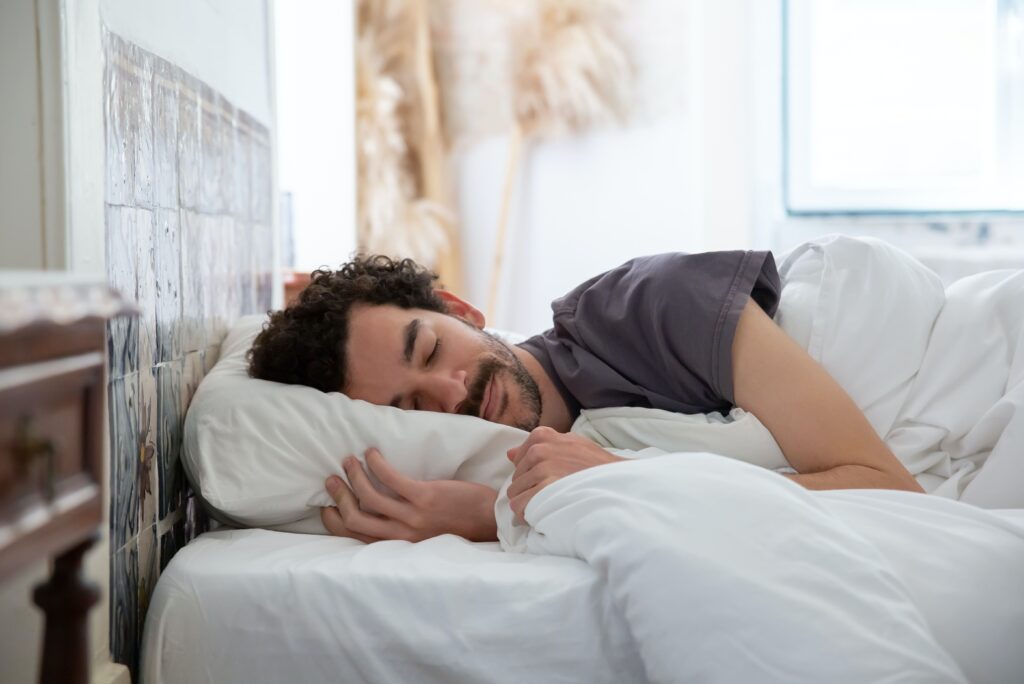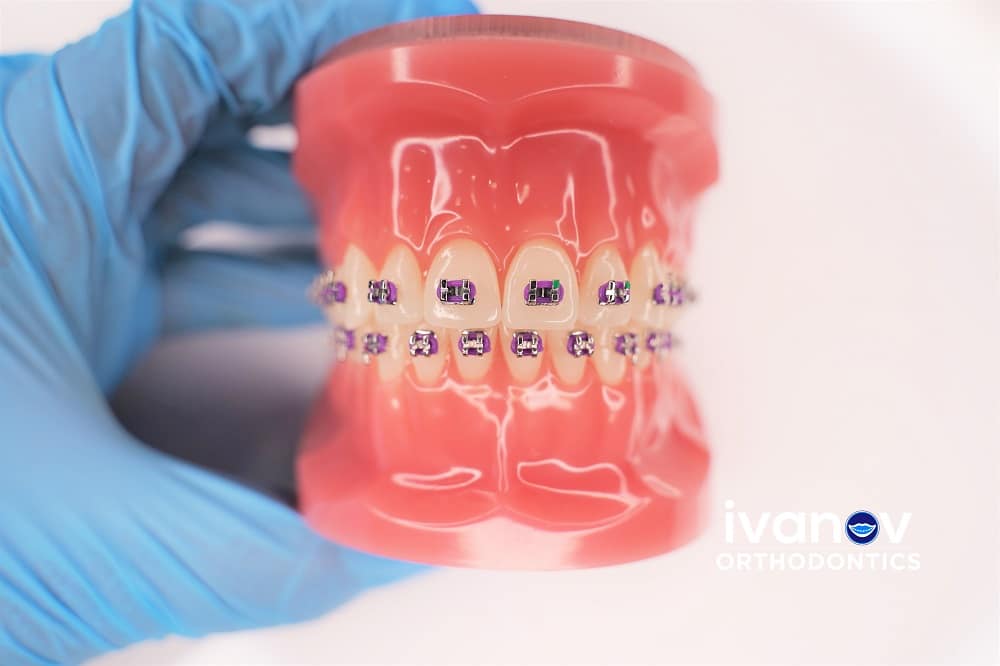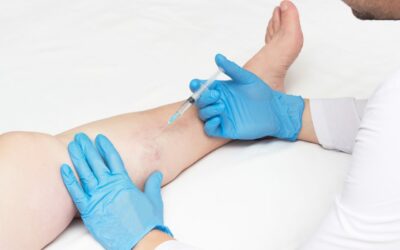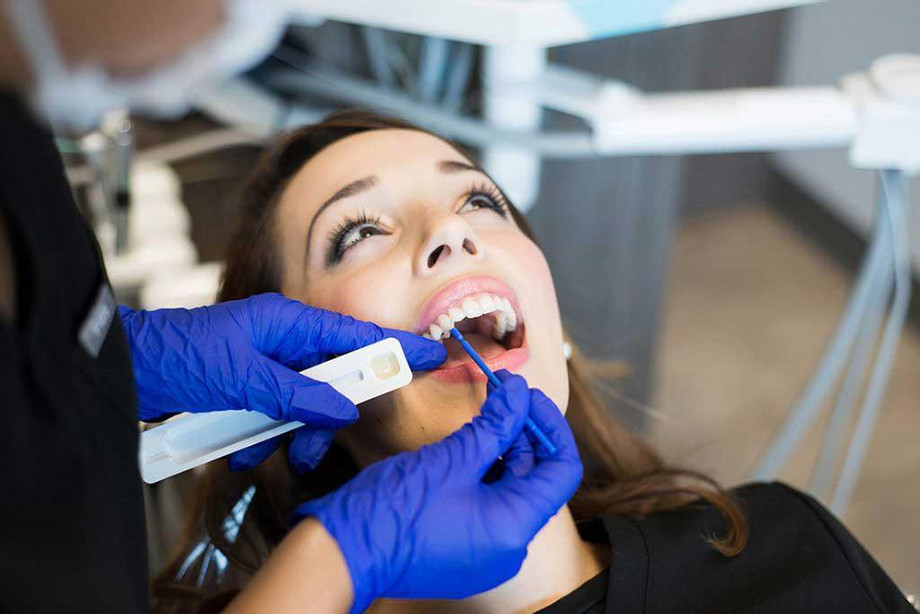Sleep is one of the most important parts of our daily routine life; it keeps individuals active and gives energy to the body to get ready for the next day. The experts indeed recommend at atleast 7 to 9 hours of sleeping to maintain your resistance levels. Conversely, if you haven’t taken 9 hours of sleep at night, it creates more severe complications, including depression, heart disease, strokes, sleep apnea, and many others.
People who face difficulty sleeping at night because of breathing issues are a red flag indicating sleep apnea. This article helps in understanding the consequences of sleep apnea
What Are the Consequences of Sleep Apnea?
- You feel tired or fatigued after taking a full night’s rest when waking up the next morning. Tiredness or fatigue is the first red flag of sleep apnea.
- When you’re unable to concentrate on activities such as driving, office work, or any other related work that requires concentration.
- It is worth mentioning that snoring is a common consequence for patients dealing with sleep apnea, but it does not happen in all apnea cases.
- Anxiety and depression are also consequences of sleep apnea that fluctuates your mood at times.
- When waking up so many times in the middle of the night. This is a more severe consequence; people usually forget when they don’t remember waking up or why. Conversely, people who do this frequently recall awakening for unrelated reasons, such as having heartburn or having to use the restroom.
- When you forget items or things after putting them in their place, this is a sign of memory loss or can create concentration or other brain-related issues.
- You may face difficulty breathing or stop breathing, as witnessed by your partner or sleeping next to you.
- Inadequate sleep can cause fatigue that leads to influence professional and personal relationships.
How Experts Diagnose Sleep Apnea?
Your healthcare provider may ask about your family history and sleep apnea symptoms during the consultation. If they find any symptoms related to sleep apnea, they can ask you for further sleep apnea test at home with insurance to help them determine the core issue of your sleeping habits.
Some common tests that your healthcare provider asks you to perform for sleep apnea are mentioned below:-
Overnight sleep study polysomnogram
This overnight sleep study test is performed under the supervision of medical staff, and they make all possible efforts to make you comfortable and monitor your sleep patterns at night. This test is modern and based on innovative solutions allowing medical practitioners in which sensors monitor patient blood oxygen levels, brain waves, breathing, heart rate, and other factors with the help of sensors. However, experts consider this test the gold standard for diagnosing sleep apnea.
Home Sleep Apnea Test
This home sleep apnea test cost is quite affordable solution, allowing individuals to diagnose sleep apnea medical conditions from the comfort of their homes. It is similar to the overnight sleep study but does not monitor brain function. When this test does not show any show symptoms of sleep apnea, experts combine it with an overnight sleep study.
Wrapping It Up
If you’re dealing with any issues in sleeping during the night because of any reasons, including depression, anxiety, or breathing interruption, contact a sleep apnea doctor near me immediately. Moreover, it is essential to know the difference between sleep apnea vs snoring because many people get confused with this.
Congrats! You’ve Finished This Blog.








